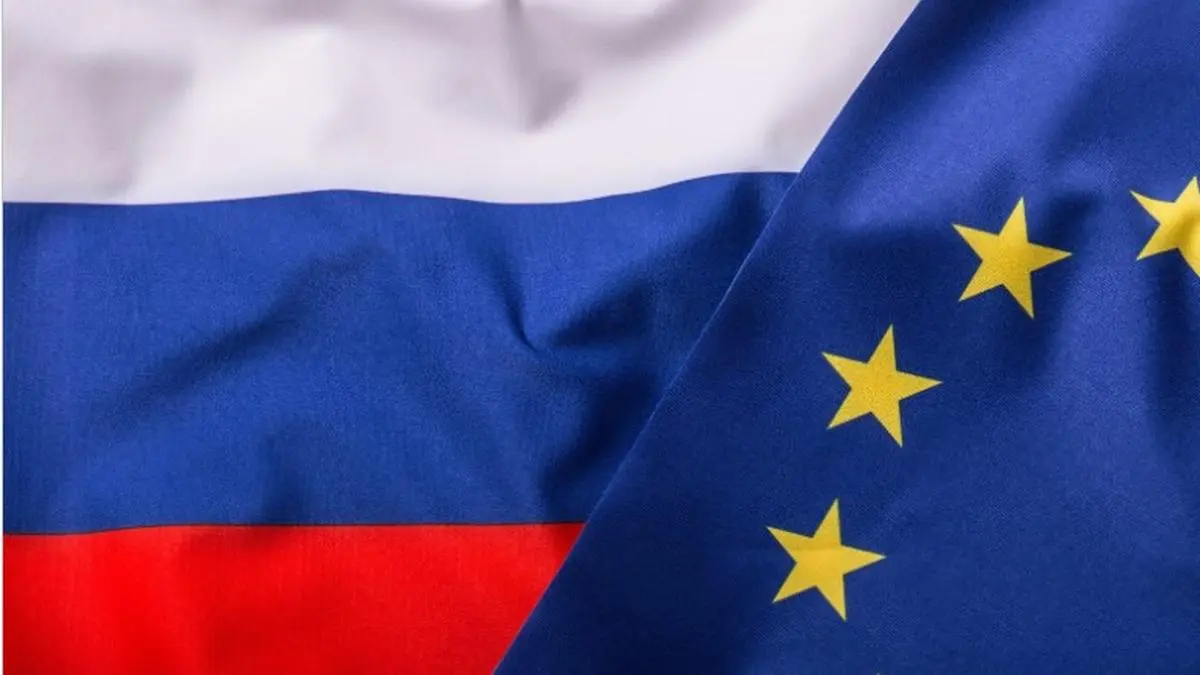Among the things the rich would want is that this remains a certain dilemma for the diplomats of Russia that would restrict their movements through the territory of the bloc, says a document added to the latest round of sanctions and seen by Euronews.
The scheme would concern members of Russia’s diplomatic and consular missions, including administrative and technical staff as well as family members.
It would compel Russian envoys to inform the respective member state when seeking to travel to or transit through any member state other than the one of their host.
Said notification shall, according to the document, be issued “at least 24 hours” before arrival and specify the means of transport and date and point of entry/exit.
“It’s a step forward in the right direction,” said a senior European diplomat. “Action has to be taken now rather than waiting for something to happen.”
The proposal was recently instituted by the EEAS in the 19th package of sanctions against Russia, which is under negotiation at present.
When the sanctions had been proposed last month, no measure had been included with regard to Russian diplomats. The main elements highlighted were in regard to the Moscow energy sector.
The EEAS sensed momentum for the idea and hence tabled the two-page proposal.
In its reasoning, the EEAS holds that Russian diplomats “are often involved in activities that contribute to Russia’s aggression against Ukraine, notably by spreading the Russian rhetoric on the causes of the war, its unfolding and the role of the Union”.
As Russian diplomats move about in the bloc, there is a risk that they might proceed with “coordinated information manipulation and interference or other acts aimed at manipulating public opinion,” the document warned.
Restrictions on travel would not infringe upon the 1961 Vienna Convention on Diplomatic Relations, the EEAS insisted, as they would not curb movements inside the country where Russian envoys are formally posted nor impede their ability to reach Russia.
There have been several informal discussions on the matter, the first proposal being a landmark in actually discussing the establishment of sanctions against Russian diplomats.
In the first few months of the full-scale invasion, Russian staff accused of espionage were expelled by several member states in what appeared a tit-for-tat reaction from the Kremlin.
The Czech Republic has been pushing for such restrictions to be put in place at the European Union-wide level. The country has been targeted by Russian hybrid activities such as cyber-attacks against state institutions and disinformation campaigns in parliamentary elections.
Last week, Czech Foreign Minister Jan Lipavský announced that Russia diplomats that do not have accreditation given by Prague would be prohibited from entry into the Czech Republic.
“Operations for sabotage are increasingly growing, and thus we cannot risk agents working under diplomatic cover,” said Lipavský through a post on social media.
“We are going to set an example for the other countries, and I will continue to fight for the strictest measures at the Schengen level. Czechia will be defended against.”
The Czech proposal had long been opposed by a number of member states who felt it was somehow crucial to maintaining a dialogue with Moscow.
Nonetheless, the disbelief underwent reversal towards a certain extent, enough for the EEAS to present the proposal, the implication being that approval stands at high, though not at an assured chance.
Like any other sanction, this one would need the unanimous approval of all 27 member states.
Since it is an alien policy with the implementation of restrictions decided totally on a national basis, this theory expects them to be applied in an unbalanced way. One has a possibility of going too far in limiting movements, while the other may opt to allow these movements more easily.
The talks on the 19th package will resume on Wednesday. Officials are watching Slovakia closely, which has not objected to the package content itself but has introduced unrelated demands for the granting of its consent.
During the last sanctions round, Slovak Prime Minister Robert Fico took up demands for compensation for switching away from Russian fossil fuels; after weeks of bargaining, however, all he achieved was an exchange of letters containing vague assurances.

Leave a Reply